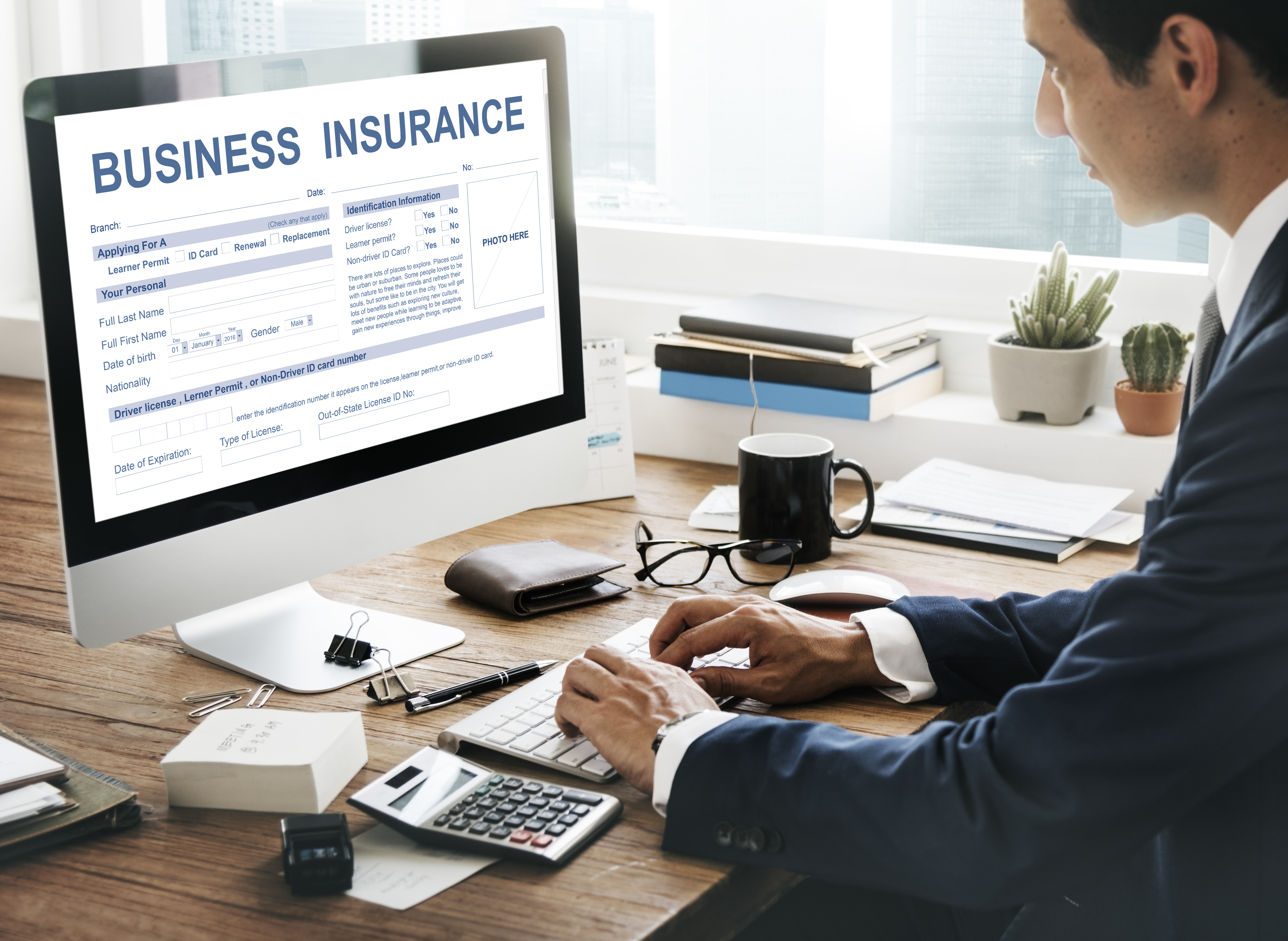Maximize a Commercial Insurance Claim
Understand Your Policy Inside and Out
It is very important to know what your business insurance covers before you need it. Read over the specific language about damage to property, company interruption, liability, and what is not covered. Being aware of your insurance limits, deductibles, and endorsements will help you know what to expect during the claims process and keep you from being surprised. With this base, you can change your paperwork and messages to fit the policy's requirements.
Document Damage Immediately and Thoroughly
Immediately after an occurrence, begin documenting the damage. Take high-resolution images and movies from many perspectives to show the entire scope of the loss. Include damaged inventory, structural difficulties, equipment, and any other affected business property. Record the date and time of the incident, as well as specific notes on how it affected your activities. Keep receipts, maintenance records, and repair estimates to verify the value of damaged objects.
Notify Your Insurer Quickly
Timely reporting is essential for every successful commercial insurance claim. Contact your insurance company as soon as you discover the damage and give preliminary documentation. Failure to notify the insurer in a timely manner may result in a refused claim or a delayed payment. Communicate concisely and professionally, and preserve a record of all correspondence with the insurance adjuster.
Consult with a Public Adjuster If Necessary
If the losses are considerable or the claims procedure grows complicated, employing a licensed public adjuster can help. Public adjusters review losses on behalf of policyholders and negotiate with insurers. Their experience typically leads to more accurate settlements and less stress for business owners. They can also help detect hidden damages or losses that the insurer may have overlooked.
Monitor Business Interruption Costs
If your policy covers business interruption, be sure to document lost revenue, ongoing expenses, and temporary operational adjustments. Maintain financial records that indicate a comparison of revenue before and after the occurrence, as well as comprehensive payroll, lease, and utility costs. This ensures that you recover the entire amount owing under this section of your insurance.
Stay Organized and Follow Up
Throughout the process, maintain a detailed claim file including photos, receipts, estimates, correspondence, and claim forms. Consistent follow-up with your insurer or adjuster can prevent delays and demonstrate your commitment to a fair resolution. Organized documentation and proactive communication give you the best chance to maximize your commercial insurance claim and recover as fully as possible.






